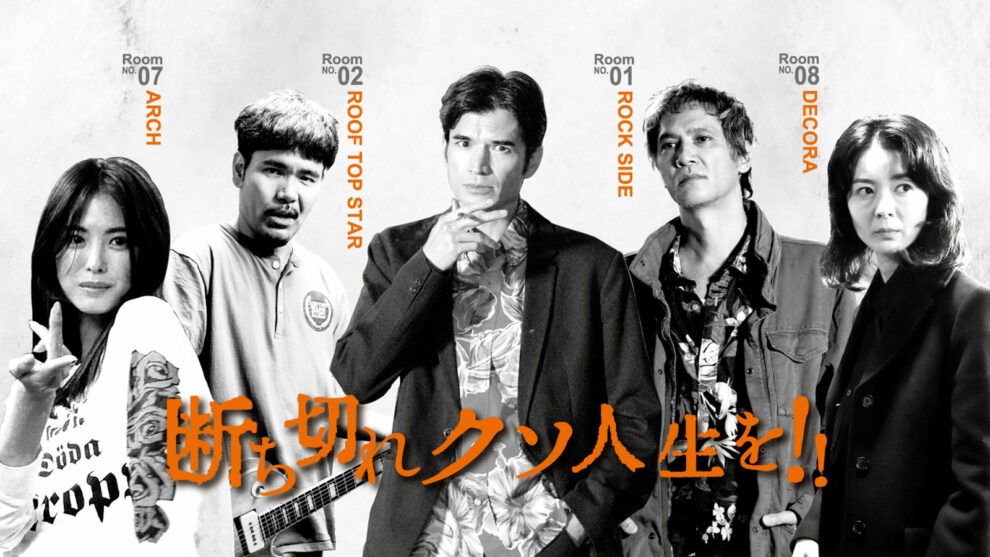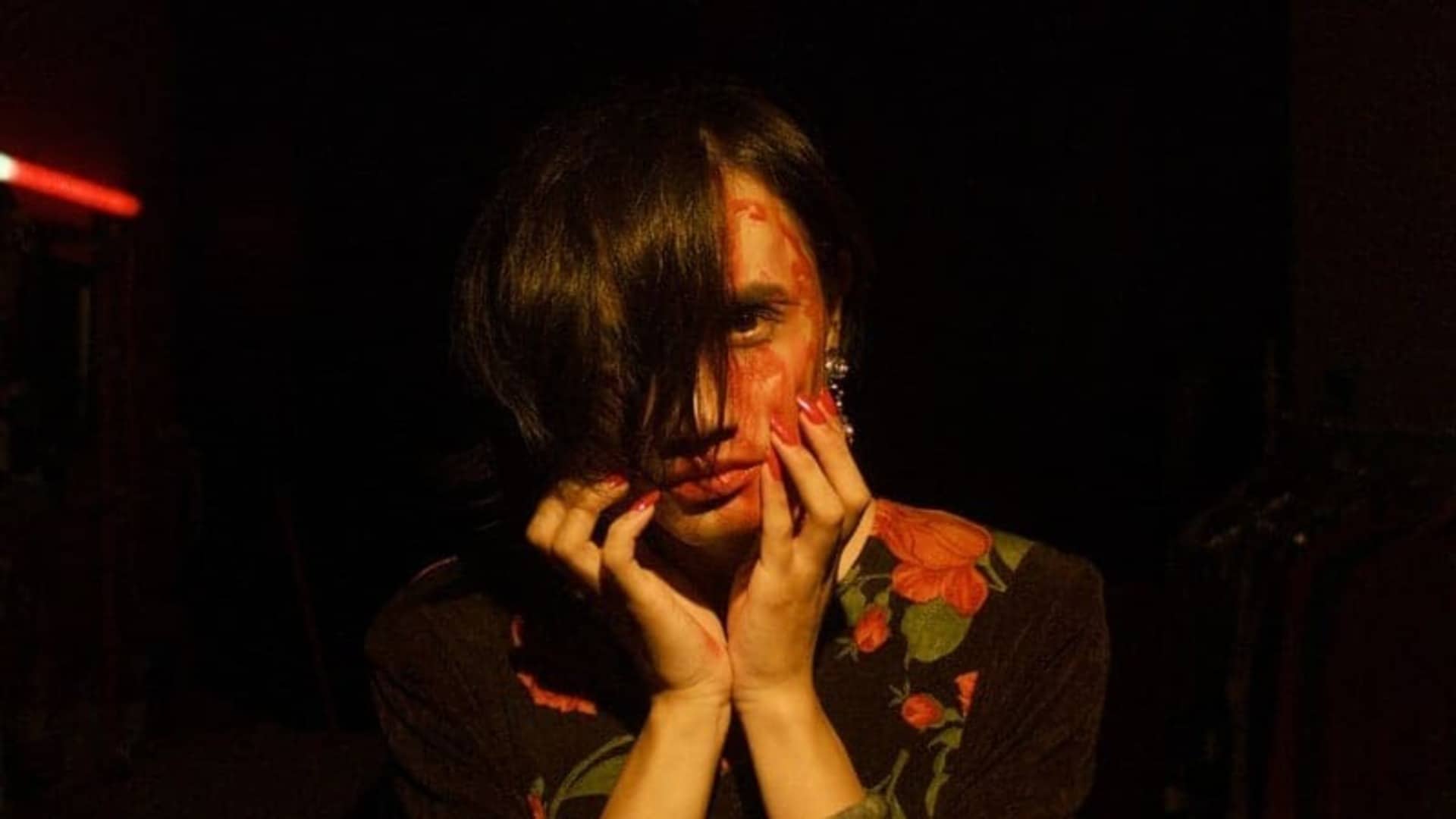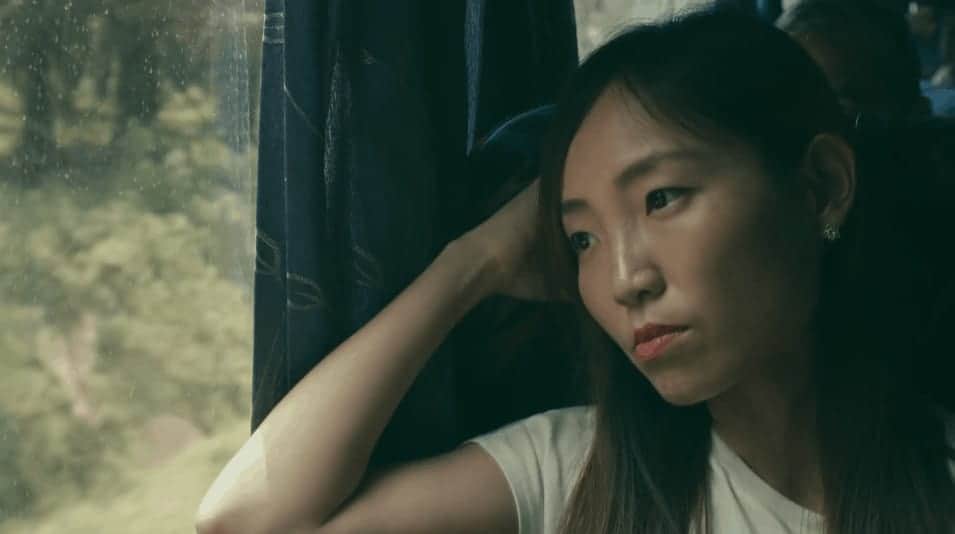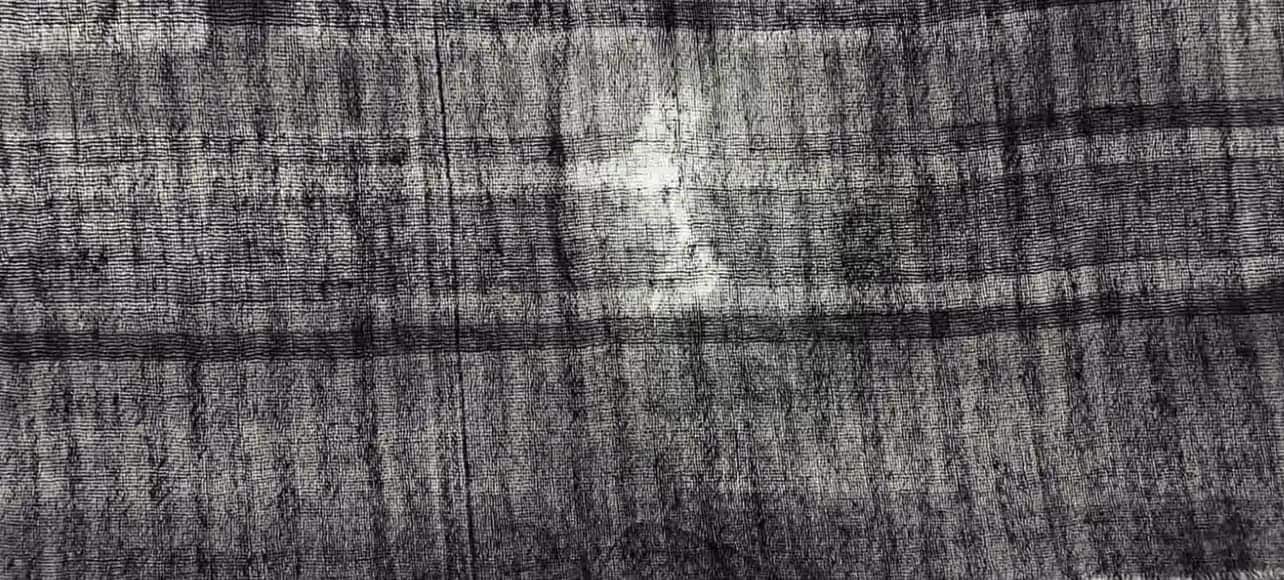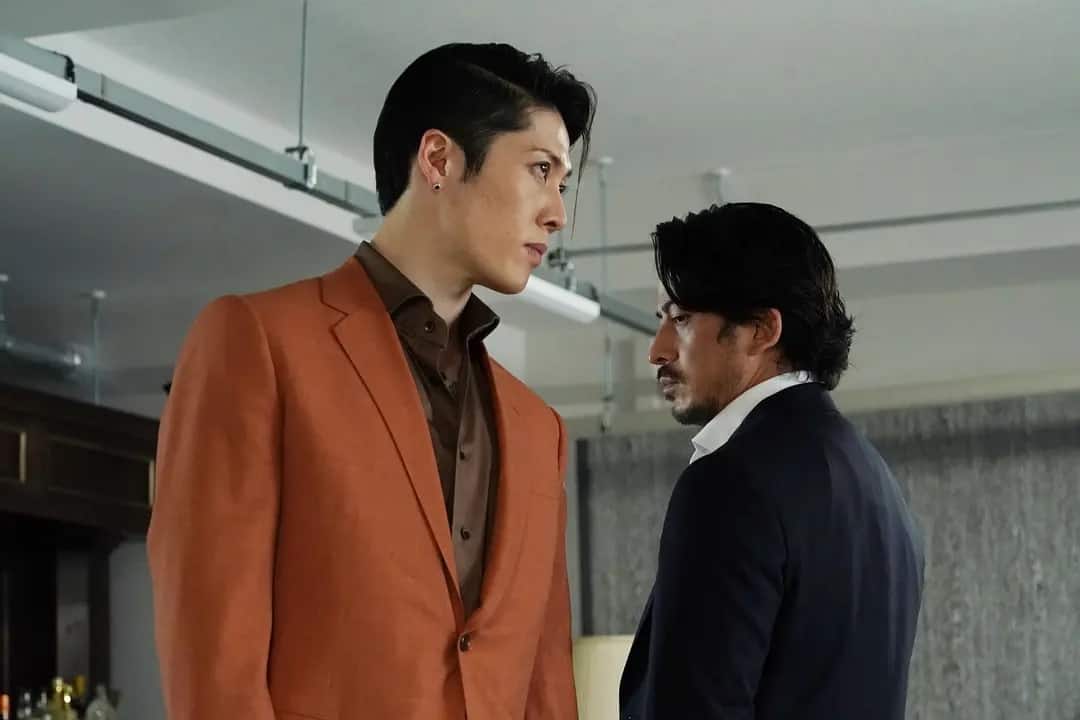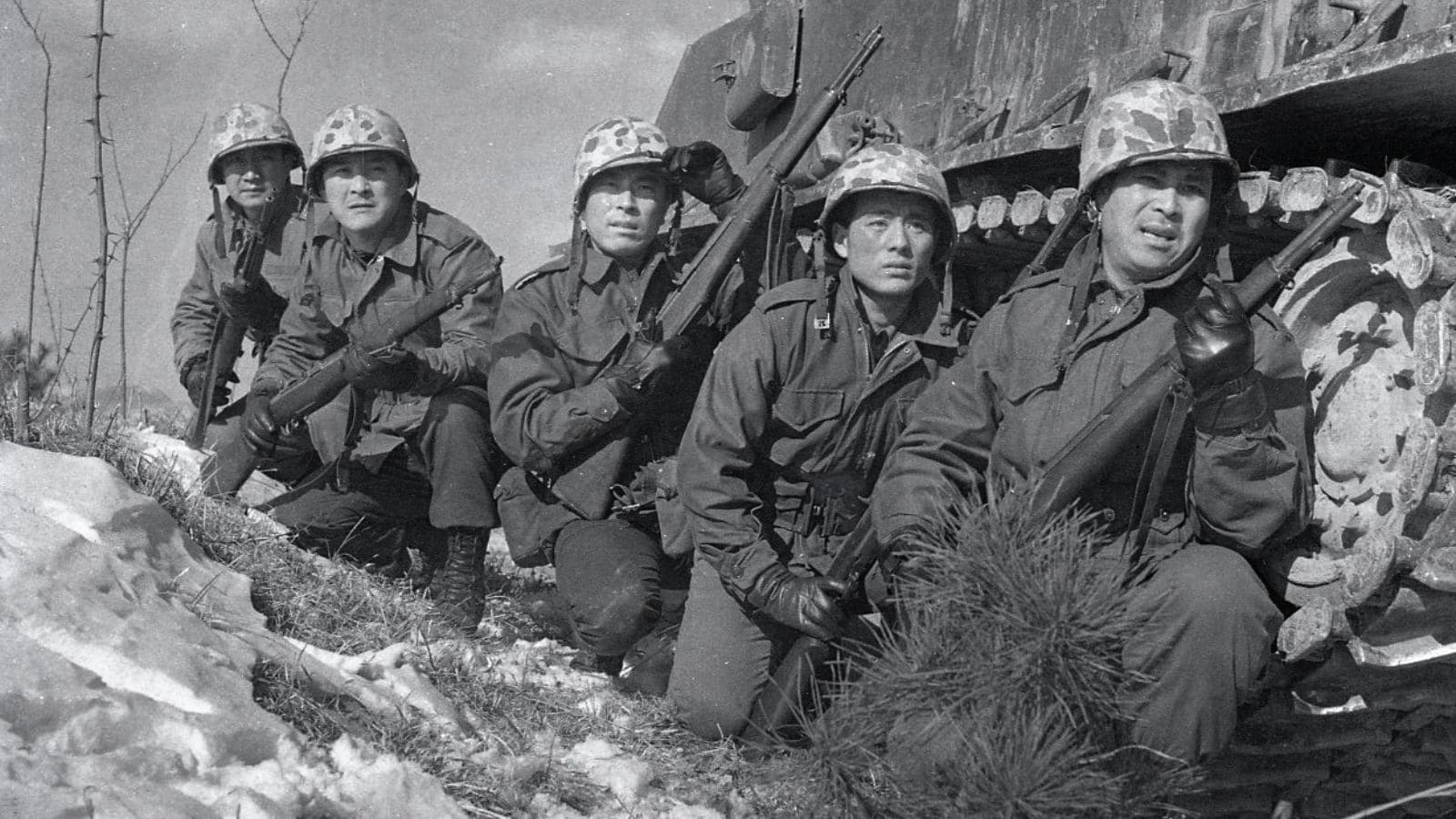Tsukasa Kishimoto's “The Rise and Fall of Park Avenue and the 10 Rooms” is fairly standard for an ensemble piece in that it offers a variety of genres across its short stories, centred around a fashionable location. However, working with a limited budget means that this lacks what most films of this type aim for: style and glamour. So, does it have enough substance?
Set around Koza Gate Street, Okinawa, the story revolves around a boutique hotel, where locals come and go at the bar, or even rent a room: A hard-luck musician has his dreams realized and crushed in an instant; a singer returns home from Tokyo for a school reunion; a gambling addict plays without limits; and two corrupt police get in too deep. The hotel has ten rooms, though we will only ever see four of them, with the stories loosely connected by the central characters crossing paths, and the supporting cast present across all stories. However, sadly, there is a lack of a satisfying tie-in to hold everything together or closing moral other than ‘be lucky,' and so this lacks a little in both style and substance.
Starting with the good points, the film certainly serves as a good advert for the area, with the city in the middle of Okinawa's main island looking the perfect place for a nice, lazy summer holiday, frequenting its various hip cafes and bars. That is less to do with the filmmaking, however, and more the location itself. A good film for the tourist board.
Check also this interview
The strongest segment, “Room 1: Rock Side”, sees Bell (“Bother” and “Agitator's” Masaya Kato) and his younger partner (Shogen) caught up with the local criminals for differing reasons: one working form them; the other stealing from them. Having the most action, this sees some of the best filmmaking on show, though is still a little stifled and simplistic.
“Room 8: Decora” sees gambler Toko (“Kakera's” Eriko Nakamura) face her demons that leads her to risk all she has daily. A time-travel, sci-fi twist offers her a way out of her cycle, though feels more convenient than clever. The scenes in the casino, however, perhaps highlight “10 Rooms” flaws. This should be where the glamour and slick style come in, but in a quiet room, the lighting and choice of camera angles are technically lacking, looking more amateur than slick.
The tale of the down-on-his-luck local busker has its charms; while the scenario of old school friends reuniting, with unspoken feelings coming out, is both the least significant and memorable.
But, overall, this is perhaps greater than the sum of its parts – not that that's a particularly high level – giving off some positive vibes. Like the neighborhood, the film boasts color and intrigue lurking between the decaying, old walls. It paints something of a picture of Okinawan life, in that it has a laidback, holiday atmosphere of nightlife culture and music, but is a melting pot of Japanese, American, pan-Pacific and Okinawan flavor. References are made to ‘chivalrous robbers' who stole from the US military, with Okinawans perhaps frustrated with their lot.
If you were to frame this as an Okinawan Pulp Fiction or Trainspotting or even Survive Style 5+, Okinawa would perhaps deserve a little better. But this has something of the Okinawan outsider: it's cool, but not particularly stylish; it has ambitions, but doesn't have the tools to realise them. This isn't five-star luxury, but does the job.


